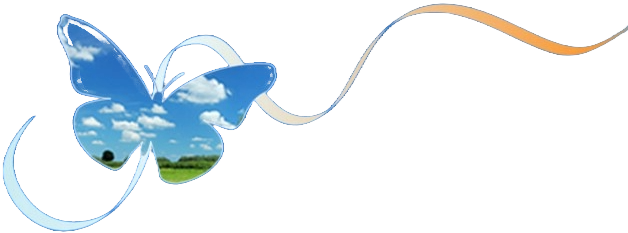
The Archetypal Mother figure conjures up images in our minds of a warm, loving and supportive female form that is the rock and foundation of life itself for the child. The Mother gives never-ending unconditional love, like a continuous flow of a stream. Deep in our psyche we all yearn for such a Mother.
How perfect and divine would our world be if this were to be true? We are not meant to be perfect in our humanness – we are here on this earth to learn to become better humans as we mature.
As we grow in age and wisdom, we understand our limitations and the limitations of other people, including our mothers. We all strive in various ways to do our best to survive and learn to live more fully.
Our personality is made up of many sub-personalities which each plays a role and carries its own identity with specific qualities and experiences. One of these sub-personalities becomes activated when a woman cares for a child. The role of mother is one of the most important and rewarding roles a mother can have. With this role comes a huge responsibility in raising and loving children until they leave home and at times, the mother feels responsible even well after the children have left home.
This responsibility of being a mother can at times be overwhelming, even for the most caring and loving individuals, due to the many other roles she has to perform throughout the day. She carries not only the expectations placed on her by society, but also her own expectations as a mother.
Attachment Theory poses that sensitive responding from a caregiver forms a secure attachment for the child and affects how well a child develops. Being able to respond to a child with such sensitivity every time is not something every mother is able to achieve. This is particularly evident when other parts of the personality interfere or demand the attention of the individual. Her parenting skills are constantly tested and and it’s a small wonder that a mother feels the pressure and demands of being a good parent, often with a critical voice living inside her head reminding her of any failure to be the perfect mother.
This sensitive attunement is a legacy that is often passed down from generation to generation. Much of what we learn is implicit, so a mother will very likely parent her child in a very similar way to how she was parented. For a woman to attune in a warm and sensitive way to her baby, she would have had to have received a warm and sensitive attunement as a child since most of the learning is out of one’s awareness.
This does not mean that you cannot grow and improve parenting skills if your weren’t the recipient of such attunement. It just means you would need to mindfully learn new skills where there are deficits and know that there is no such thing as a perfect mother – just a ‘good enough mother’.
The most effective way to improve your parenting skills is to develop your self-awareness about your day to day reactions and what these reactions tell you about yourself. How you see yourself and feel about yourself will affect how you see and feel about others, including your own children. Therefore, replacing blame and judgment with compassion and forgiveness will be the most effective form of learning.
Compassion and forgiveness are the keys that unlock your own inner nurturing qualities that overflow on to all others around you and everyone benefits from your efforts. This new learning becomes the new legacy that gets passed on to future generations when you choose to grow your own inner nurturer.
Understanding your own needs, wants and desires and meeting them in a mature and sensitive way will be the best guarantee that your parenting skills will improve when you set your intention to learn about being a good enough parent.
